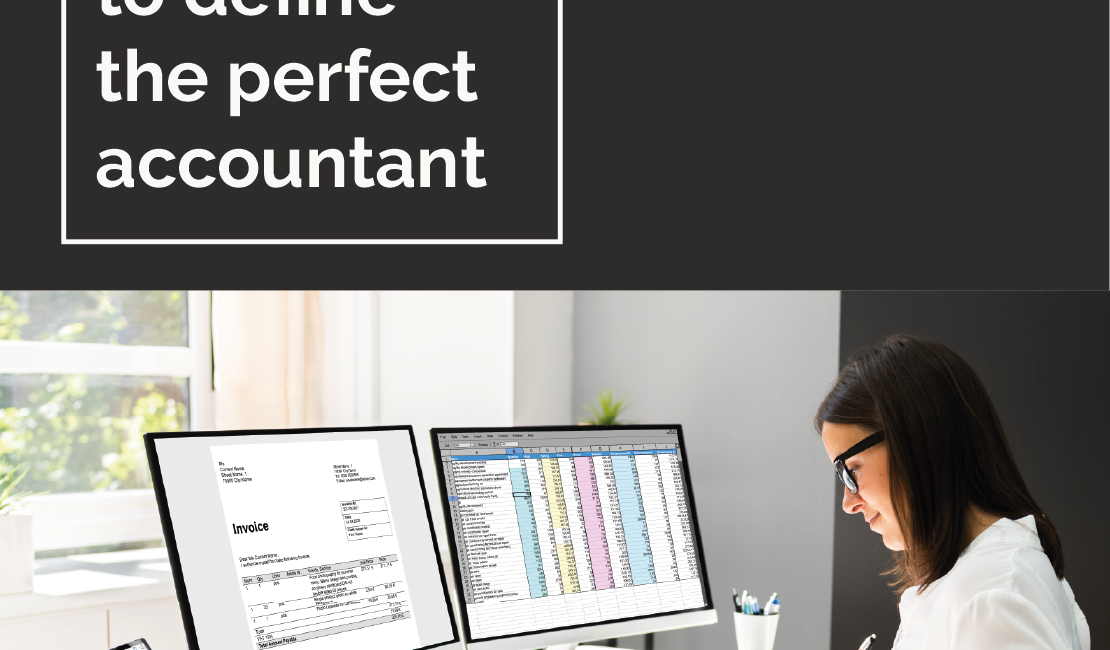The changes in the role of an accountant have been transformed over the past decade, meaning the skills and personal qualities to be a stand-out accountant are very different.
The demands that clients now place on accountancy practice specialists are significant.
Many clients see their accountant as a business advisor, an extension to their finance team or indeed their FC/FD, providing regular accounting and business reports, advice and ongoing accounting solutions.
Intellect, creativity, emotional intelligence, vision, experience, technical skills and a mastery of the digital world are key skill areas sought by employers now and in the future.
The definition of what a successful accountant will look like, ACCA has developed a set of ‘Professional Quotients’ – a mix of technical knowledge, skills and abilities formed with interpersonal behaviours and qualities.
Technical and ethical competencies (TEQ): The skills and abilities to perform activities consistently to a defined standard. Often based on a professional qualification.
Intelligence (IQ): The ability to acquire and use knowledge: thinking, reasoning and solving problems.
Creativity (CQ): The ability to use existing knowledge in a new situation, to make connections, explore potential outcomes, and generate new ideas.
Digital (DQ): The awareness and application of existing and emerging digital technologies, capabilities, practices, strategies and culture.
Emotional intelligence (EQ): The ability to identify your own emotions and those of others, harness and apply them to tasks, and regulate and manage them.
Vision (VQ): The ability to predict future trends accurately by extrapolating existing trends and facts, and filling the gaps by thinking innovatively.
Experience (XQ): The ability and skills to understand customer expectations, meet desired outcomes and create value.
In addition to top of technical excellence, professional accountants now require creativity, emotional intelligence and the vision to lead.
If you feel you are lacking some of these skills/qualities, addressing a development program with your current employer could be key to your longer-term success within the accountancy profession.
Should you need any additional advice and support regarding the accountancy market and what opportunities are on offer to allow you to continue your development, contact
Justin Barber at Barber McLelland on 07949 972 677 or email justin@bmrecruitment.co.uk
